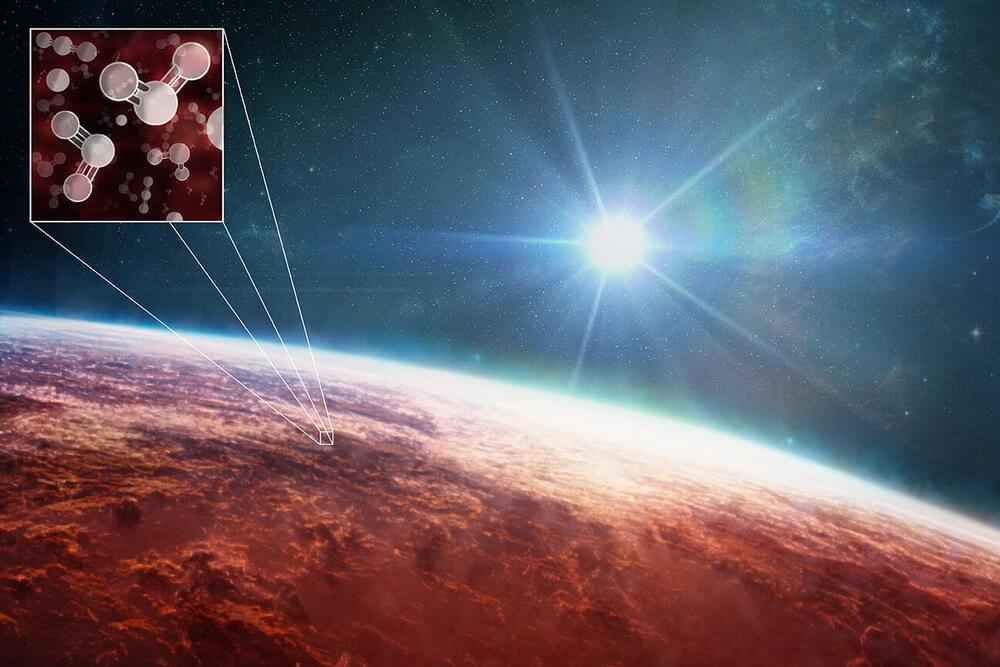The James Webb Space Telescope (JWST) has just scored another first: a detailed molecular and chemical portrait of a distant world’s skies.
The telescope’s array of highly sensitive instruments was trained on the atmosphere of a “hot Saturn”—a planet about as massive as Saturn orbiting a star some 700 light-years away—known as WASP-39 b. While JWST and other space telescopes, including Hubble and Spitzer, have previously revealed isolated ingredients of this broiling planet’s atmosphere, the new readings provide a full menu of atoms, molecules, and even signs of active chemistry and clouds.
“The clarity of the signals from a number of different molecules in the data is remarkable,” says Mercedes López-Morales, an astronomer at the Center for Astrophysics | Harvard & Smithsonian and one of the scientists who contributed to the new results.
